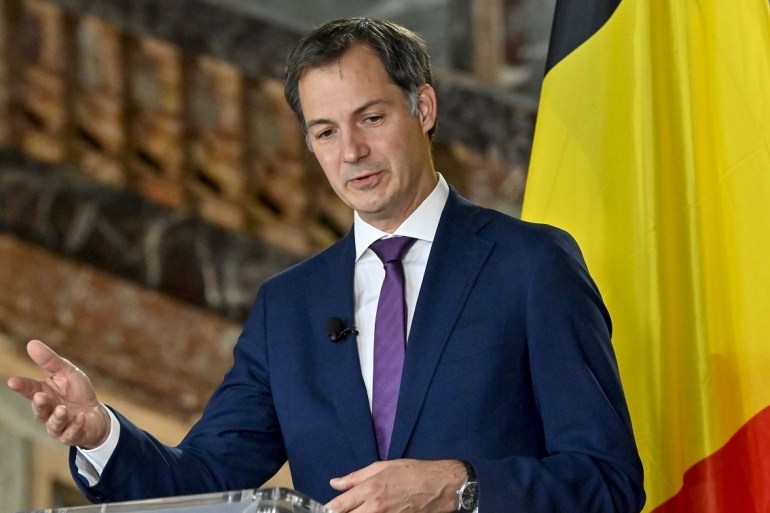The Belgian government needs to think about existing and future risks concerning the current pandemic and how it is managing them, according to an expert in risk management.
An interim report based on the work being done by the special commission in charge of examining the management of the new coronavirus (Covid-19) epidemic by Belgium was presented to the Chamber by Antwerp Management School professor Hugo Marynissen on Friday.
The experts emphasised the importance of developing a viable crisis management strategy and the importance of reflecting on the success it has.
It pointed out a ‘lack of clear vision on how we can manage crises’, and Marynissen highlighted that ‘too little has been invested in the health sector, in crisis detection networks, and in their management.’
Related News
- Hair, Hippos & Holidays: Belgium's consultative committee wishlist
- Only opening hairdressers violates 'principle of equality,' warns beauty sector
- Consultative Committee will take measures with 'extreme caution' today
According to the report, Belgium has been unable to address this issue since the 2016 terrorist attacks, adding that the country has been ‘too busy dealing with the past without anticipating the future’.
The experts highlighted that crisis management is based on four pillars: politics, operations, communication and central consultation between all pillars. During this health crisis, there have been ‘great divergences’ when it concerned this central consultation, they noted.
When it comes to the political pillar, Marynissen questioned the tactic put in place, adding that the report noted that the initial structure (including the Risk Assessment Group) was replaced by several components, committees, and task-forces that coexisted.
“What were the reasons for adopting the existing structure or setting it aside?” asked Marynissen, urging ministers to question the former government representatives about this in a hearing which will take place after the Carnival Holiday.
For future reference, the experts called for better preparations of a general plan: "There was no contingency plan for pandemic management. It was the internal organisation of the hospitals that allowed them to react quickly,” Marynissen concluded.
It suggested the government should create a plan with which they will be able to ‘activate working groups that can issue an alert for the entire (operational) line’, and to carry out prior exercises in crisis risk management.
Finally, they also called for the empowerment of the population and the training of political personnel in crisis management.
The report was compiled by Yves Coppieters (professor of public health at the ULB), Leïla Belkhir (Infectologist at the UCLouvain), Marc Sabbe (an emergency doctor at the UZ Leuven), and Hugo Marynissen (professor at the Antwerp Management School and expert in risk management).
Lauren Walker
The Brussels Times

